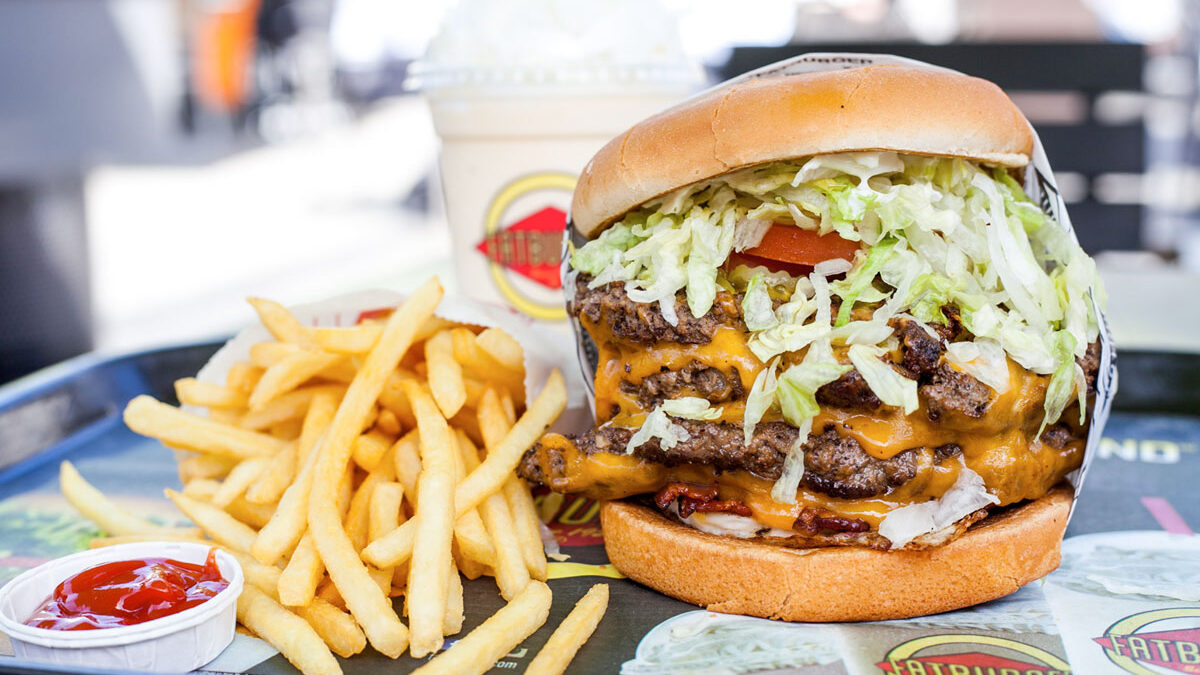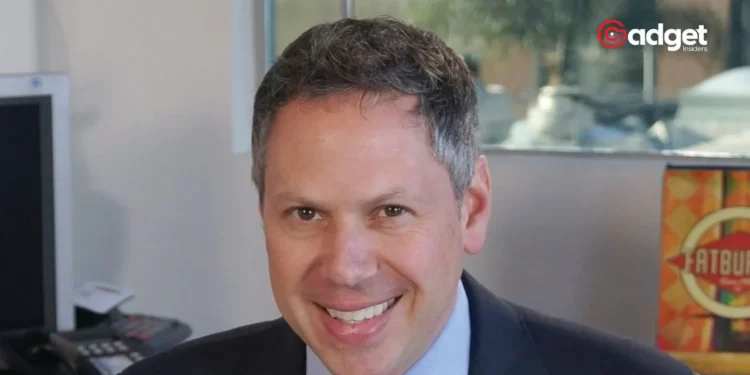In what could be a screenplay for a corporate thriller, Fat Brands, the parent company of well-known restaurant chains like Fatburger, Johnny Rockets, and Twin Peaks, is now center stage in a federal drama involving alleged fraudulent schemes and substantial financial irregularities. The plummeting stock prices and the dark cloud of criminal charges suggest a brewing storm that could reshape the company’s future.

The Charges and the Chagrin
Last Friday was a day of reckoning for Fat Brands and its former chair, Andy Wiederhorn, as federal authorities unveiled a series of charges that seemed ripped from the pages of Wiederhorn’s past legal escapades. Accused of orchestrating a $47 million “sham” loan scheme, the allegations against Wiederhorn and the company are severe. Shares of Fat Brands, a company once valued at $92 million, tumbled by 27% as the market reacted swiftly to the news.
A federal grand jury in Los Angeles indicted Wiederhorn, along with several associates, on charges of wire fraud, tax evasion, and more, painting a grim picture of corporate mismanagement and deceit. “These charges are unprecedented, unwarranted, unsubstantiated and unjust,” claimed Fat Brands’ counsel Brian Hennigan, highlighting the company’s cooperation with federal investigations—a cooperation that seems to have yielded little mercy from the authorities.
Amsterdam-based smash burger brand Fat Phill’s has signed a Franchise Agreement with the Auntie Anne’s UK Master Franchisee Freshly Baked Ltd, to develop the brand in the UK
The partnership has been co-ordinated by F&B business developer and franchise consultant Seeds Consulting pic.twitter.com/g29qA7m3Rj
— Seeds Consulting (@SeedsconsultUK) January 16, 2024
A Legacy of Legal Issues
The indictment alleges that as CEO, Wiederhorn directed Fat Brands to funnel company funds to him under the guise of loans—loans that he never intended to repay. This misuse of funds was not limited to cash hoarding; the SEC complaint details a lavish lifestyle funded by these loans, including private jets, luxury vacations, and an eye-watering $700,000 on shopping and jewelry.
This isn’t Wiederhorn’s first dance with the law. His past is speckled with similar allegations. Over two decades ago, he was convicted for related financial misconduct. Despite a history that includes a $2 million fine and a stint in federal prison, Wiederhorn and his team are poised to fight these charges, with his attorney Nicola Hanna stating, “We look forward to making clear in court that this is an unfortunate example of government overreach— and a case with no victims, no losses and no crimes.”

The Corporate Domino Effect
The ramifications of Wiederhorn’s alleged actions extend beyond his personal legal troubles. Fat Brands’ financial stability has been rocked, with the alleged fraud accounting for approximately 44% of its revenue between 2017 and 2021. This mismanagement has reportedly left the company often unable to pay its bills, leading to further financial manipulation involving Wiederhorn’s son, Thayer, who has climbed the ranks from chief marketing officer to chief operating officer.
As the case unfolds, with arraignments scheduled and legal battles looming, the narrative of Fat Brands will be scrutinized under the judicial microscope. The outcome of this case could serve as a stark reminder of the delicate balance between aggressive business strategies and legal compliance, with the potential to redefine corporate governance in the food industry.

What’s Next for Fat Brands?
As the dust settles, the focus will shift to how Fat Brands can navigate these turbulent waters. With a tarnished reputation and a shaken investor base, the company will need to reestablish trust and stability, all while under the watchful eye of regulatory bodies and a public keen on corporate accountability.
This saga is far from over, and as details emerge, they will undoubtedly provide critical lessons in corporate governance, the limits of executive power, and the consequences of financial hubris. The story of Fat Brands is a cautionary tale for businesses everywhere, echoing the age-old adage: with great power comes great responsibility.










